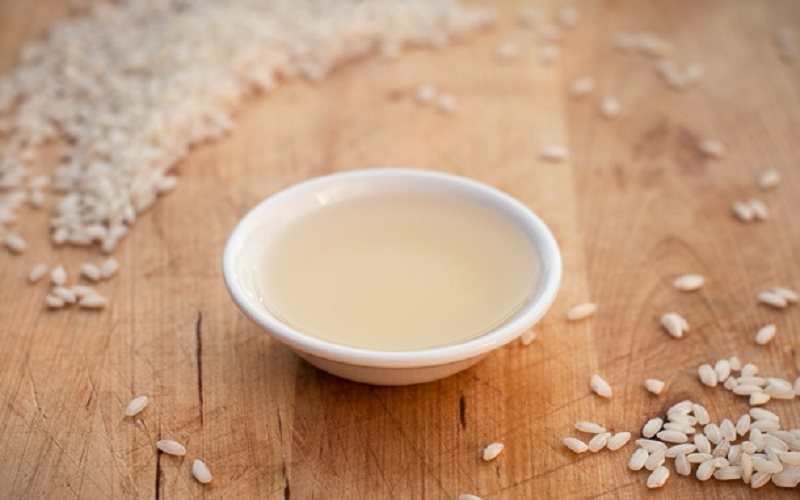Vinegar, an essential seasoning in the daily meals of Vietnamese people, has been discovered to have many amazing medical uses. According to traditional medicine, vinegar not only has a sour and bitter taste, but also has a warm nature, helping with digestion, dispersing stagnation, detoxification, disinfection, and stopping bleeding. Not only used alone, vinegar can also be combined with many other types of food in disease treatment. In particular, vinegar is known as an effective method in controlling blood sugar, opening up new prospects in human health care.
According to a recent study conducted by Professor of Nutrition Carol Johnston at Arizona State University, using two tablespoons of vinegar before meals can significantly reduce insulin and glucose levels in the blood after meals.

Vinegar is a common spice in Vietnamese kitchens
Among the 29 volunteers participating in a new study, 1/3 were diagnosed with type 2 diabetes. Another 1/3 had a high risk of developing diabetes. The remaining volunteers were all healthy.
The volunteers either ingested vinegar or a placebo before having a high-carbohydrate breakfast including orange juice, bread and butter. One week later, they underwent a similar trial with the treatment conditions reversed. After each meal, the participants were required to have their blood samples taken for testing. The results showed that all three groups of volunteers had significantly improved blood test results after consuming the vinegar-started meal.
For those who are not familiar with drinking vinegar, enjoying salad with vinegar before meals is a good option. However, it is important to note that vinegar is acidic and may reduce the effectiveness of some medications, including calcium bicarbonate, calcium carbonate, erythromycin, and sulfonamide drugs. For individuals diagnosed with diabetes, health care is of utmost importance. Small changes in dietary intake, such as consuming 2 tablespoons of vinegar before meals, can bring significant benefits.

Consuming 2 tablespoons of vinegar before meals brings many benefits
In addition to controlling blood sugar, consuming vinegar in moderation in the daily diet also brings many other health benefits:
Anti-cancer properties
A recent study has discovered significant health benefits of vinegar. The compounds in vinegar are believed to have the ability to prevent cancer and tumors, eliminate toxins, inhibit the formation of nitrosamines, promote metabolism in the body, and enhance immunity.
Assisting with calcium absorption
Vinegar, a common ingredient in many dishes, is known for its high calcium content. Moreover, it helps the body absorb calcium from other food sources. Therefore, supplementing vinegar in the daily diet not only enhances calcium absorption, maintains strong bones, but also prevents anemia. Especially, when cooking vinegar with bones, meat, and seafood, the effectiveness is optimized.

Vinegar has a high calcium content
Supporting blood pressure reduction
Vinegar has been found to effectively reduce blood pressure. Thanks to its calcium and potassium content, vinegar can regulate blood pressure levels, prevent high blood pressure. Especially, pectin in vinegar also helps lower cholesterol. A simple method to take advantage of this benefit is to add a spoonful of sugar to vinegar to drink after dinner every night.
Enhancing liver and kidney function
Vinegar is also known as a “superfood” with the ability to enhance liver function and promote metabolism. Specifically, vinegar helps reduce the burden on the kidneys, creating favorable conditions for the urinary system. Medical studies have confirmed that vinegar has a diuretic effect, contributing to protecting human health.
Maintaining weight
Vinegar contains acetic acid, which has been found to effectively control hunger. Acetic acid slows down the digestion process, creating a long-lasting feeling of fullness after meals. This plays an important role in reducing the risk of overweight and obesity, contributing to the fight against this global epidemic.





































